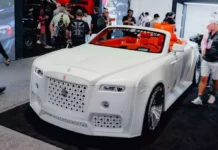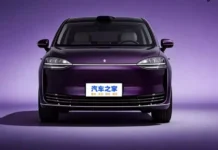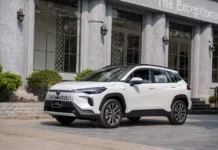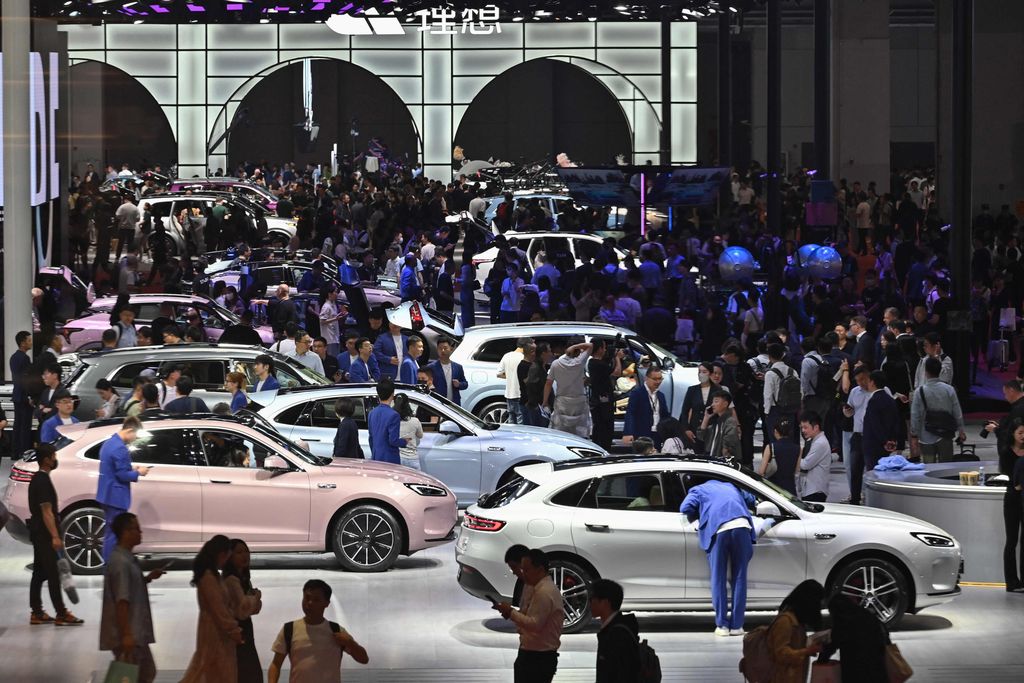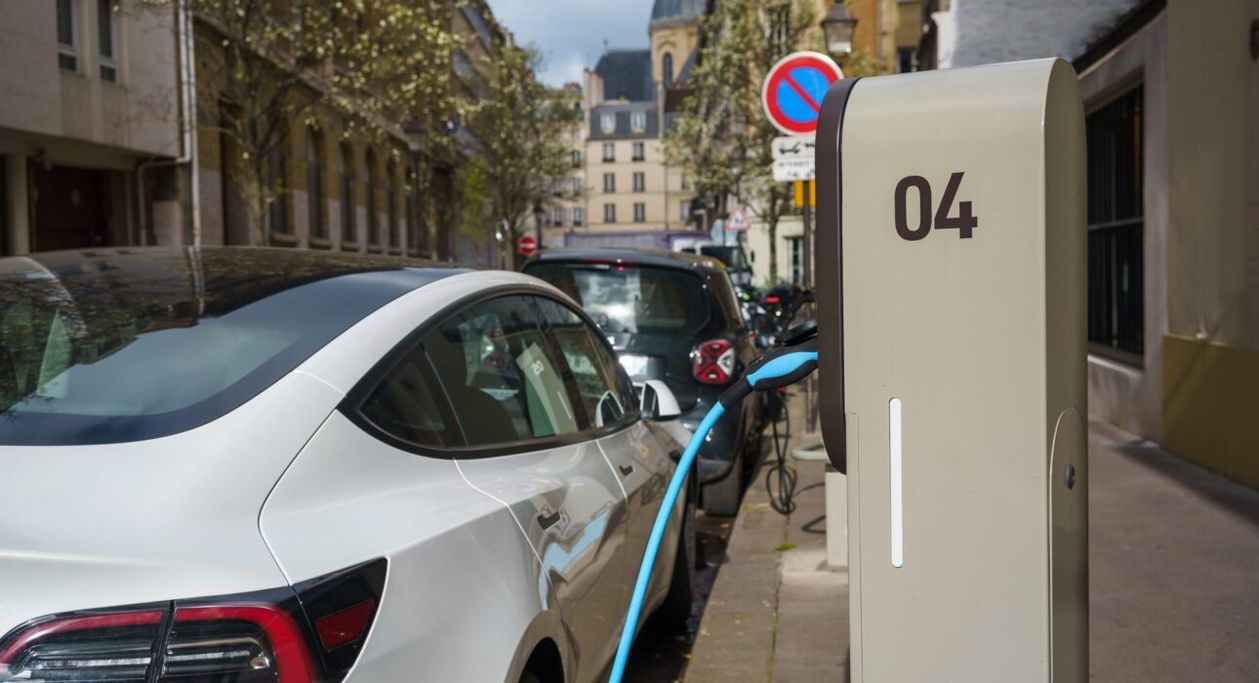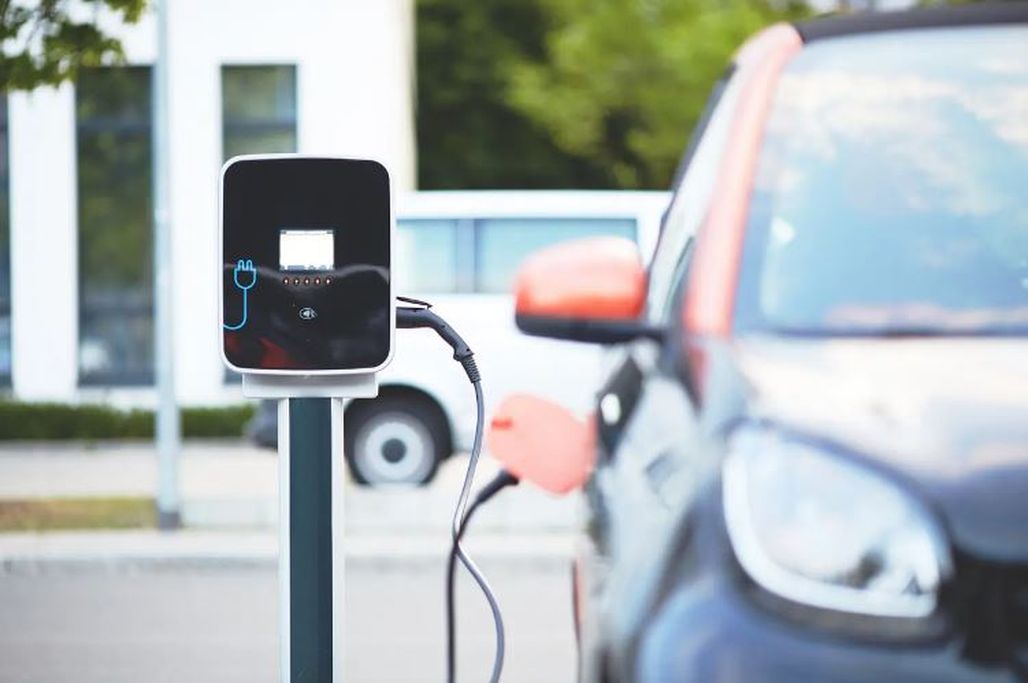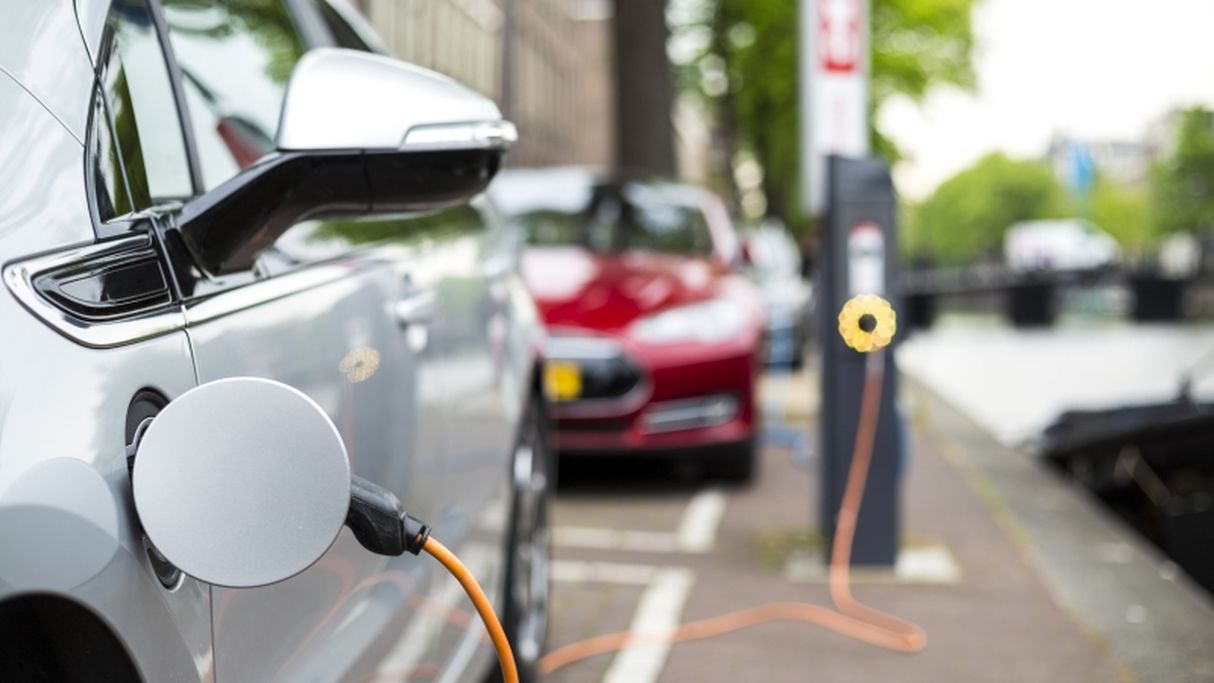The French government is modifying its electric vehicle subsidy criteria in response to new regulations aimed at controlling the influx of cheap Chinese electric cars into Europe.
According to Nikkei Asia, the French government’s subsidies for electric vehicle buyers, ranging from €5,000 to €7,000 (~$5,932 to $8,305), will be subject to changes in the near future. The new decree specifies that electric vehicle subsidies will only be applicable to vehicles that meet the standards established by professional agencies and the French government.
In particular, France will take into account factors such as the CO2 emissions generated by the materials employed in the production of electric vehicles, including steel and aluminum, as well as the energy consumed in the manufacturing process, batteries, and transportation from the production site to France. All of these criteria will be quantified, and manufacturers must achieve an “environmental score” of 60 points or higher related to the conditions of car production.
These changes will mainly affect Chinese electric vehicle brands. An official from the Ministry of Economy remarked, “A sedan manufactured in China emits over 45% more CO2 compared to a similar model produced in Europe… Typically, batteries made in China emit carbon emissions 1.7 times higher than those produced in France.”
Meanwhile, automobile factories in France utilize renewable energy sources and nuclear power, resulting in no carbon emissions during the production of electric vehicles. Consequently, electric vehicles manufactured in France will have an advantage over imported electric vehicles once this new regulation is implemented.
France asserts that the revised policy employs a “highly accurate scientific method” to determine environmental criteria. Smaller transportation vehicles must emit less than 9 tons of CO2 during production (including batteries and transportation), while larger vehicles must meet standards below 14.75 tons.
“The best-selling model in France is the Dacia Spring EV by Renault, which is produced in China, and models under the MG brand from the competitor SAIC Motor will not meet the current production criteria,” noted Agnes Pannier-Runacher, French Minister of Energy Transition.
The Renault Dacia Spring EV is currently assembled in Hubei province, China. In the first 9 months of 2023, this brand has sold 40,000 Dacia Spring EVs, with half of the production volume occurring in France.
Luca de Meo, CEO of Renault, stated, “There will be no issue if this model no longer benefits from government subsidies. We are in the process of completely revamping our practices and moving forward. We can also market the Spring EV in other locations outside of France, such as India.”
On the other hand, Tesla’s Model 3 electric vehicle manufactured in Shanghai, China, is also at risk of being excluded from the new French electric vehicle subsidy policy. Moreover, it is not just electric vehicles made in China that may be affected by France’s revised electric vehicle subsidy policy; electric vehicles produced in other Asian countries could face similar consequences. France will announce the list of eligible vehicles on Friday, December 15, 2023.
TT (Tuoitrethudo)
Toyota Vietnam joins hands for a Greener SEA Games
With the goal of promoting awareness about climate change and environmental pollution, as well as showcasing the beauty of Vietnam and its people to countries in Southeast Asia and the international community, Toyota Vietnam joins the implementation of activities within the Green SEA Games program, initiated by the Communication Resource and Environment Center of the Ministry of Natural Resources and Environment in collaboration with the General Department of Sports and Physical Training.








